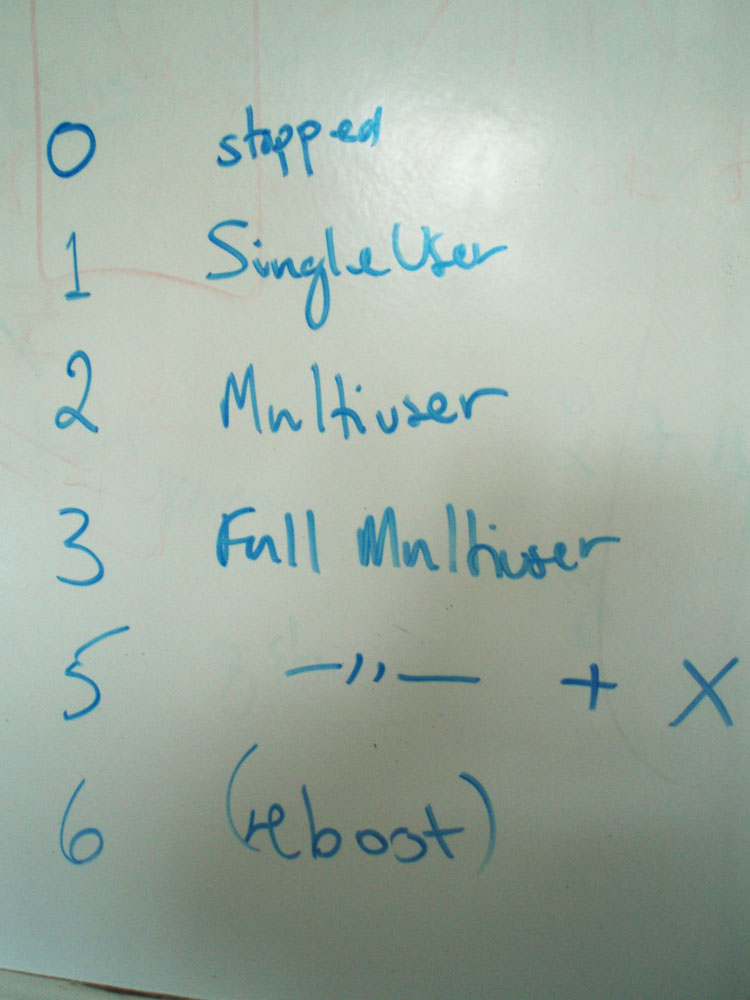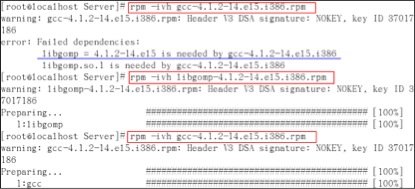Observance of the whereabouts of the 100th article,,,Although the content is somewhat illegible
Yesterday, see route on the main (int argc,char *argv[]) The article feels written brief said such a function
Of course first contact functions of this function is not the main (int argc,char *argv[]) But the main (int AC, ch[……]

